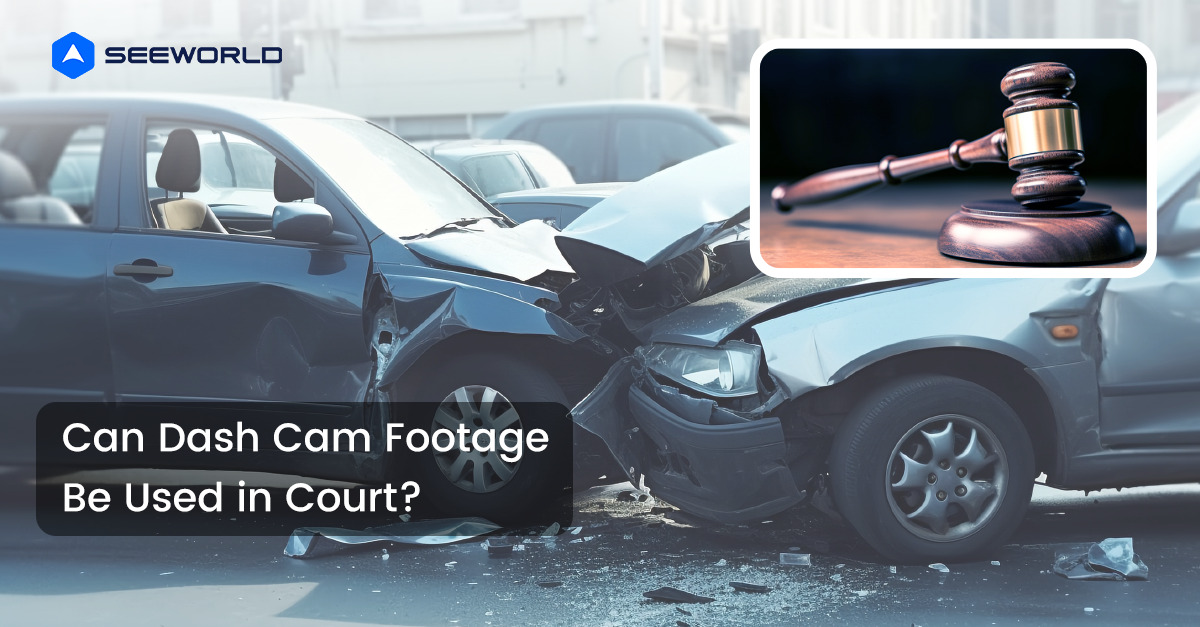Keeping a company’s vehicles safe is important for all businesses. Accidents and injuries can happen because of problems like unsafe drivers or vehicles that aren’t well-maintained. But, if you use the right safety steps, especially GPS tracking, you can handle these fleet problems well. This can also save your business money and boost your ROI.
A big issue with tracking vehicles is not being able to watch them closely all the time. This can make planning routes less efficient and increase the chances of accidents.
By focusing on safety in your plan for tracking vehicles, and using GPS technology, you can solve these issues. Here are seven strategies you can use to make your fleet vehicles safer and less likely to be in accidents:
Incorporating Safety Technology
Equip your fleet with modern safety technologies such as fleet tracking, collision avoidance systems, and dashboard cameras to monitor driving practices and provide critical information in case of incidents.
Cultivating a Safety-First Culture
Promote a workplace environment where safety is the top priority. Encourage employees to report safety hazards and recognize those who consistently follow safety rules.
Developing an Emergency Plan
Create a clear and effective plan for emergencies, including steps to follow in case of an accident, emergency contacts, and procedures for incident reporting.
Reward Good Drivers
Create a reward system for drivers who exhibit safe and responsible behavior. This incentivizes employees to drive cautiously and reduces risky driving habits.
Choose Vehicles With Caution
Collaborate with a fleet leasing and management company to select vehicles with high safety ratings and advanced safety features. This partnership can help in acquiring vehicles that enhance fleet safety.
Provide Driver Training Classes
Offer safety and driving courses for your drivers, focusing on safety tips and precautions. These classes can be conducted in various formats, such as behind-the-wheel, in a classroom, or online, to accommodate different preferences.
Preventive Vehicle Maintenance
Regular maintenance is crucial for safety. Partner with vendors to check vital components like tires and brakes. Well-maintained vehicles reduce the risk of mechanical failures and accidents.



